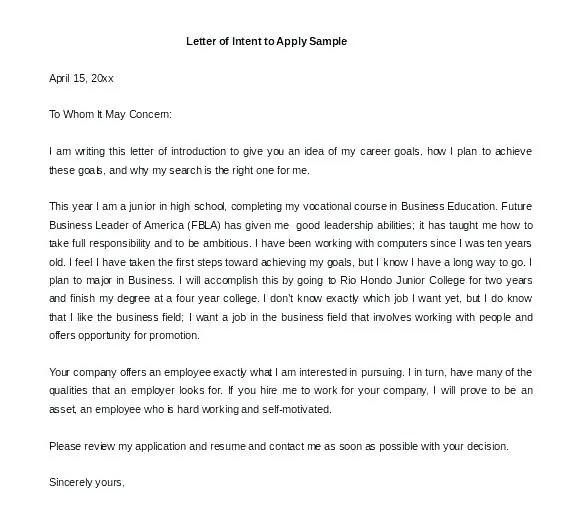Do You Need a Cover Letter? Introduction
The job market can feel like a maze, with countless applications and varying requirements. One question that often surfaces for job seekers is whether a cover letter is truly necessary. Is it an outdated formality, or a critical component of a successful application? The answer, as with many things, isn’t always straightforward. This expert guide dives deep into the world of cover letters, offering clarity and actionable advice. We’ll explore the core purpose of a cover letter, when it’s essential, when it’s optional, and how to make sure yours stands out. Whether you’re a seasoned professional or just starting your career, understanding the nuances of cover letters can give you a significant advantage in the competitive job market. Let’s unravel the mystery and help you navigate your job search with confidence. Ultimately, deciding if you need a cover letter comes down to understanding its value in different scenarios and tailoring your approach accordingly.
Understanding Cover Letters
What is a Cover Letter
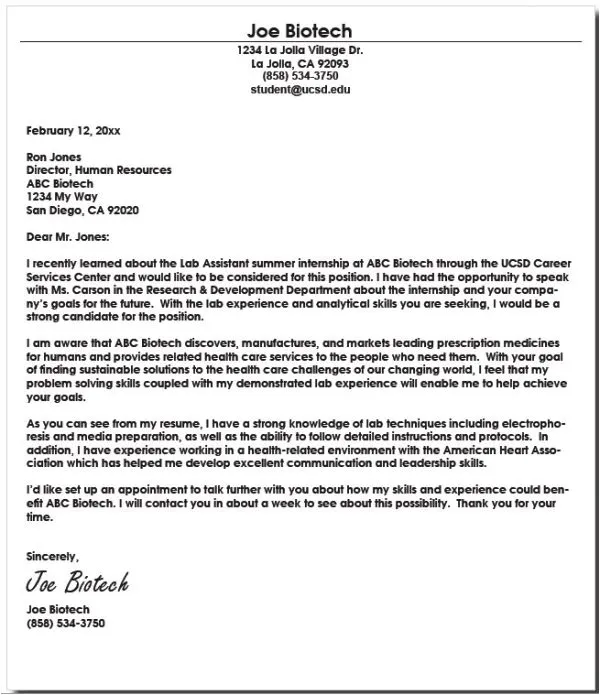
A cover letter is a concise document accompanying your resume, serving as a personalized introduction to a potential employer. It’s your chance to highlight your most relevant skills and experiences, while expressing genuine interest in the specific job and the company. Unlike a resume, which provides a factual overview of your career, a cover letter allows you to tell a story, explaining why you’re the ideal candidate. It’s a demonstration of your communication skills and a showcase of your personality. Done right, it sets you apart from other applicants and encourages the hiring manager to delve deeper into your qualifications. The cover letter offers an opportunity to connect with the employer on a more personal level, which cannot be achieved with the resume alone.
The Purpose of a Cover Letter
The primary purpose of a cover letter is to persuade an employer to read your resume and consider you for an interview. A well-crafted cover letter showcases your enthusiasm for the position and explains how your skills align with the job requirements. It demonstrates your understanding of the company and its values, which in turn shows that you are prepared. The cover letter gives you the chance to expand on experiences, and fill in gaps that the resume may leave. Use your cover letter to address any potential concerns an employer might have about your application, like gaps in your employment history or a career change. The cover letter functions as a marketing tool, which highlights your key strengths and tells the story of why you should be hired.
When a Cover Letter is Essential
In certain situations, a cover letter is not just recommended but absolutely crucial for your job application. Not including a cover letter in these scenarios might lead to your application being overlooked. Understanding these situations can drastically improve your chances of landing an interview and getting the job. Always consider each job on a case-by-case basis. Some of the essential scenarios include formal job applications, networking, and cases in which you need to clarify your application.
Applying for Jobs with Openings
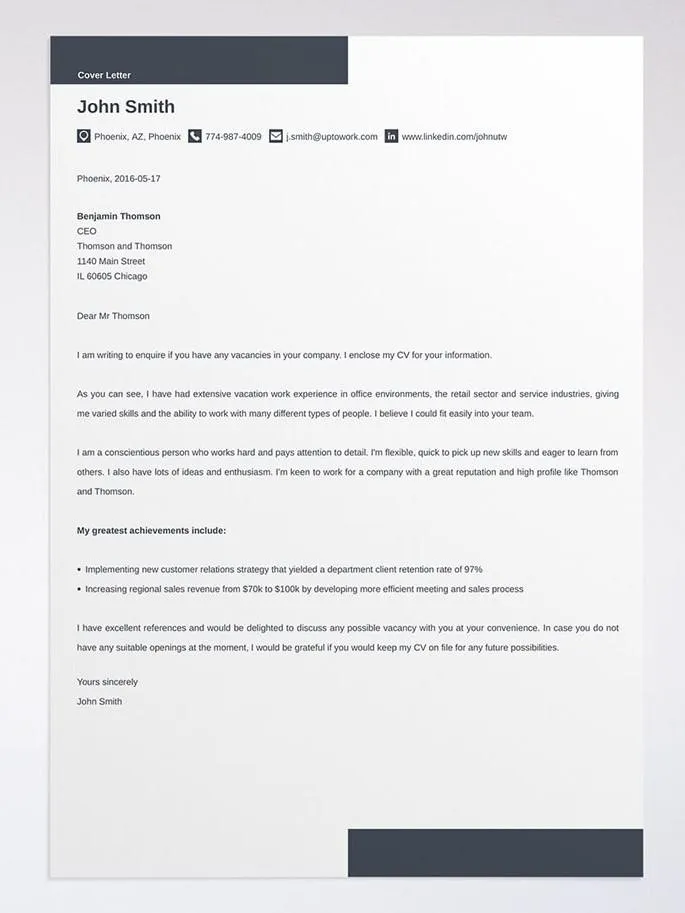
When applying for a specific job posting, a cover letter is almost always necessary. This is the perfect opportunity to address the specific requirements outlined in the job description and to explain how your qualifications and experiences align with the role. A well-tailored cover letter allows you to demonstrate to the employer that you’ve read the job description and can convey a genuine interest in the position. When you apply for a job online, most application portals offer a section to upload a cover letter. If the employer asks for a cover letter, make sure to include one! Failing to do so might indicate that you have not paid close attention to the job requirements. The cover letter here is essential for making a strong first impression.
Networking and Informational Interviews
When you’re networking or reaching out for informational interviews, a cover letter serves as a professional introduction. When you approach someone for networking, you are often asking for a favor. A cover letter allows you to clearly articulate your purpose and explain why you are contacting them. This is true for all networking, and informational interviews. Even if you are asked to send your resume with a brief email, a cover letter allows you to deliver your message in a more formal manner. This document allows you to showcase your professional interests and highlight your relevant skills. Furthermore, it can serve as a record for future reference or the interviewer to share with their colleagues.
When a Cover Letter Might Be Optional
While cover letters are crucial in many scenarios, there are instances where they might be optional or even unnecessary. Knowing these situations can save you time and effort while allowing you to adjust your approach. It is important to always consider the specific requirements. When the job description does not ask for it, you may find that the cover letter is not a requirement. When this is the case, you can focus on other aspects of your job application. Always use your best judgement when submitting a job application.
Online Application Systems
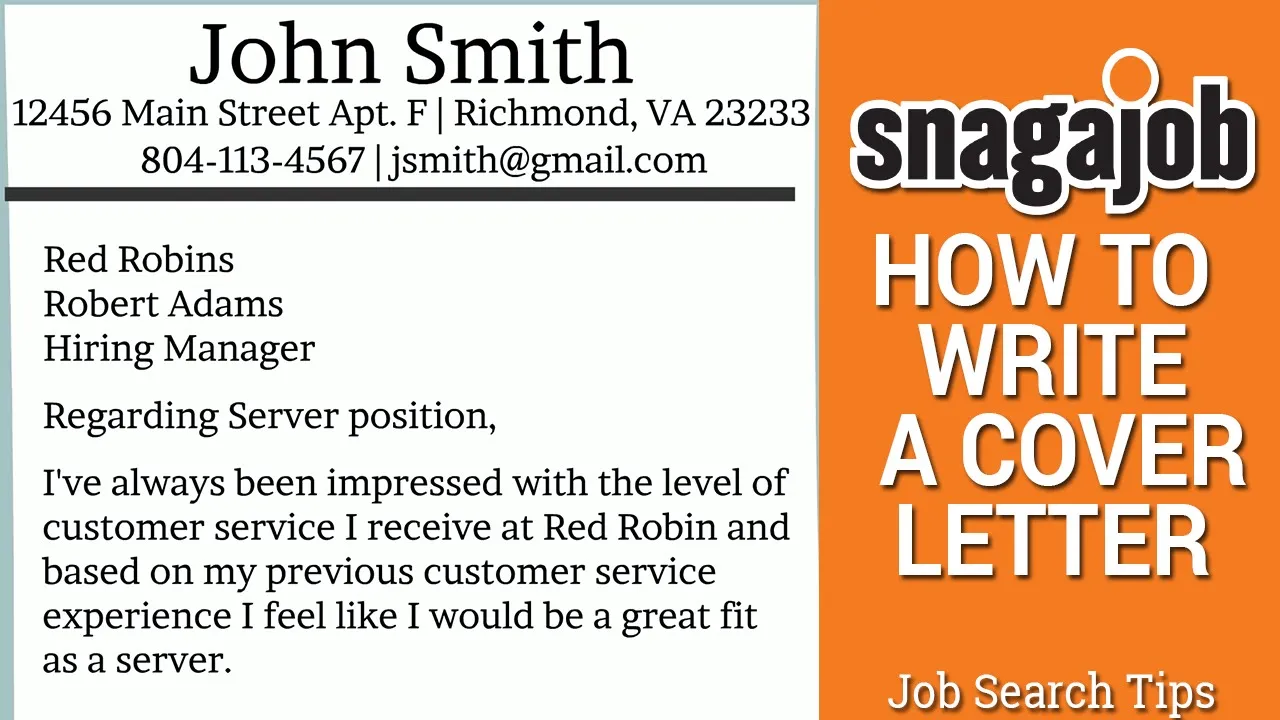
Many online application systems now have specific sections for entering information and uploading your resume. These systems may not provide a specific space for a cover letter. In these instances, a cover letter may not be necessary. These systems often ask for a summary of your relevant experience. You may have a chance to briefly describe your skills. It is important that you adhere to the application instructions. Uploading a cover letter where it is not expected can be counterproductive and time-consuming. When the application specifically tells you not to upload a cover letter, it is best to abide by the instructions.
Internal Job Applications
If you’re applying for a job within your current company, a cover letter may be less critical than for an external application. Hiring managers already know you, your work ethic, and your professional history. Your internal application process may not have space for a cover letter. In this case, it is best to adhere to your company’s requirements. If you want to strengthen your application, a brief email highlighting your interest and qualifications might suffice. In an internal application, your performance and experience may carry more weight than the formality of a cover letter.
How to Decide if You Need a Cover Letter
Deciding whether to include a cover letter requires careful consideration of several factors. While general rules exist, the best approach is to evaluate each opportunity independently. Consider what the company expects. What is the company culture like? Are they looking for a more formal approach? Does the job description ask for a cover letter? Always err on the side of caution. In other words, if you are unsure, it’s usually better to include a well-crafted cover letter. This will help you to make a good impression. It is important to make sure that your cover letter aligns with the specific job requirements.
Assess the Job Requirements
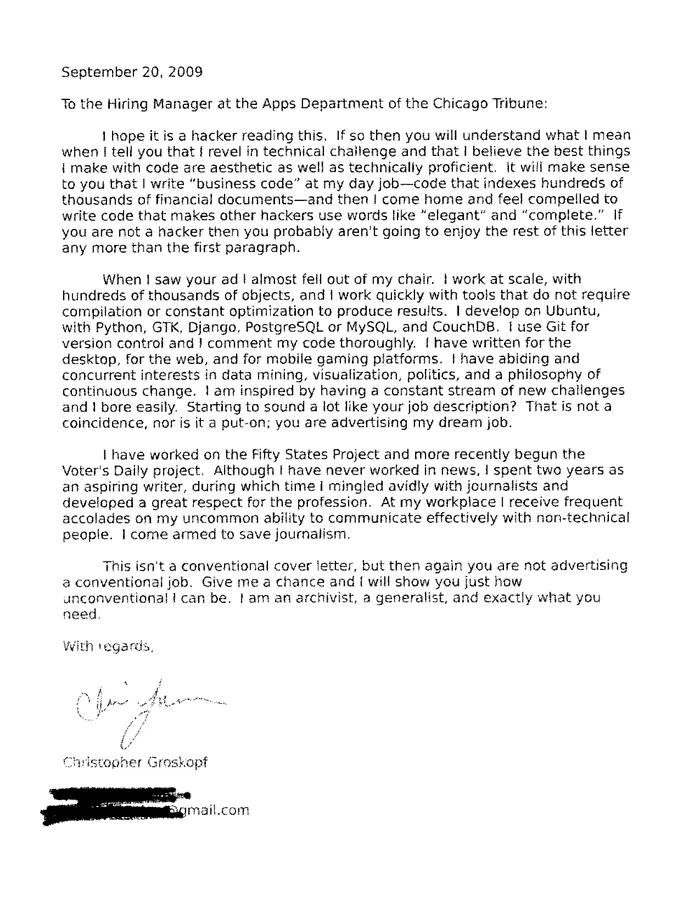
The job description is your primary source of information. Examine the job posting carefully. Does it specifically request a cover letter? If so, it’s essential to include one. If it does not mention a cover letter, consider the nature of the job and the company. Does the job require detailed explanations of your skills or experience? If you have any career gaps or unique qualifications that need clarification, a cover letter can be helpful. If there is a place to upload one, this is a good indication that a cover letter is needed. The job requirements are your primary source of information when you consider whether to submit a cover letter.
Consider the Company Culture
Researching the company’s culture can provide valuable insights into their hiring preferences. Look at the company’s website, social media profiles, and any press releases. Do they emphasize formality and professionalism, or are they more relaxed? If the company presents itself as traditional and formal, a cover letter is likely expected. If it is a tech startup, a cover letter is probably less important. Review the company’s job postings. What is the tone of their communications? Does the company have a blog? Use this resource to learn more about the company culture. Remember that you want to tailor your approach to fit the company.
Best Practices for Cover Letter
Whether you decide to write a cover letter or not, understanding and following best practices will always improve your chances of success. If you decide to include a cover letter, it should be a well-written document that is tailored to the specific job application. By following best practices, you can make sure that you make the best first impression. A cover letter that showcases your skills and experiences can drastically improve your chance of getting hired. When you adhere to the best practices, you demonstrate your professionalism and attention to detail. In most cases, it is always a good idea to adhere to the best practices, even if the cover letter is not required.
Research the Company and Contact Person
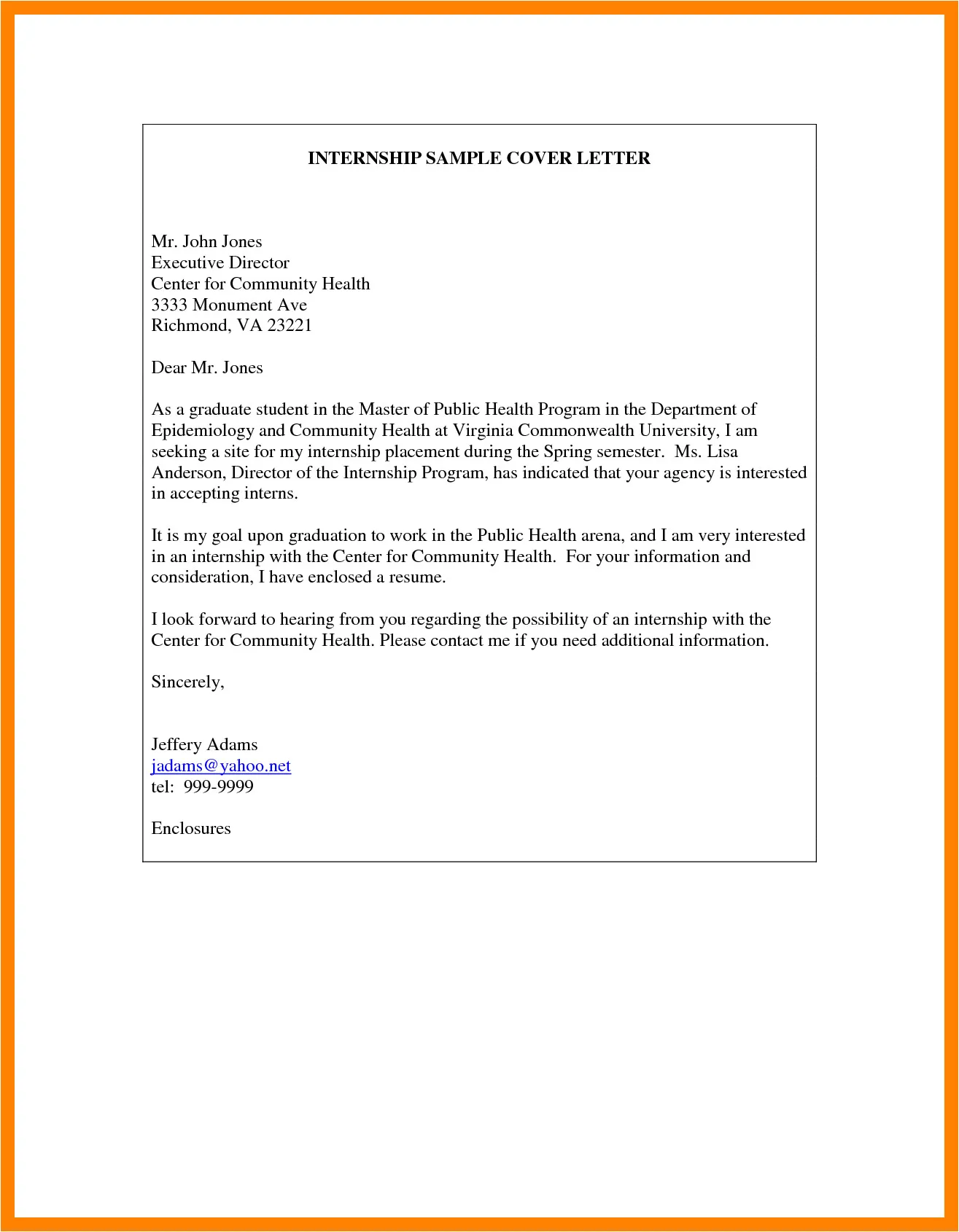
Before you start writing, research the company and identify the hiring manager or the person who will be reviewing your application. Addressing your cover letter to a specific person shows that you’ve put in the effort to learn about the organization and are genuinely interested in the role. If you can’t find the name of the hiring manager, look on LinkedIn. Visit the company’s website and browse the ‘About Us’ or ‘Team’ pages. If you still cannot find a name, it’s okay to use a general greeting, such as ‘Dear Hiring Manager.’ Remember that the cover letter is your chance to demonstrate your sincere interest in the job.
Tailor Your Letter to Each Application
Never send a generic cover letter. Tailor each cover letter to the specific job and company. Review the job description carefully and highlight the skills and experiences that align with the requirements. This shows the employer that you understand the job requirements. You can do this by using keywords from the job description. Tailor the tone and language of your cover letter to match the company’s culture. The cover letter is your chance to demonstrate your genuine interest in the job and the organization. By personalizing your cover letter, you’ll increase your chances of making a strong impression and standing out from other candidates.
Proofread and Edit Carefully
Proofreading and editing your cover letter is crucial. Errors, typos, and grammatical mistakes can make your application look careless and unprofessional. Carefully read your cover letter several times. Make sure that your letter makes sense, and that it flows properly. Use a grammar checker to identify any potential errors. Ask a friend or colleague to review your cover letter. A fresh pair of eyes can often catch mistakes you may have missed. Before you send your application, make sure your cover letter is polished and error-free. A well-written and error-free cover letter helps you make a positive first impression. If you are applying for a job, it is important to make sure that your documents are correct.
Do You Need a Cover Letter? Conclusion
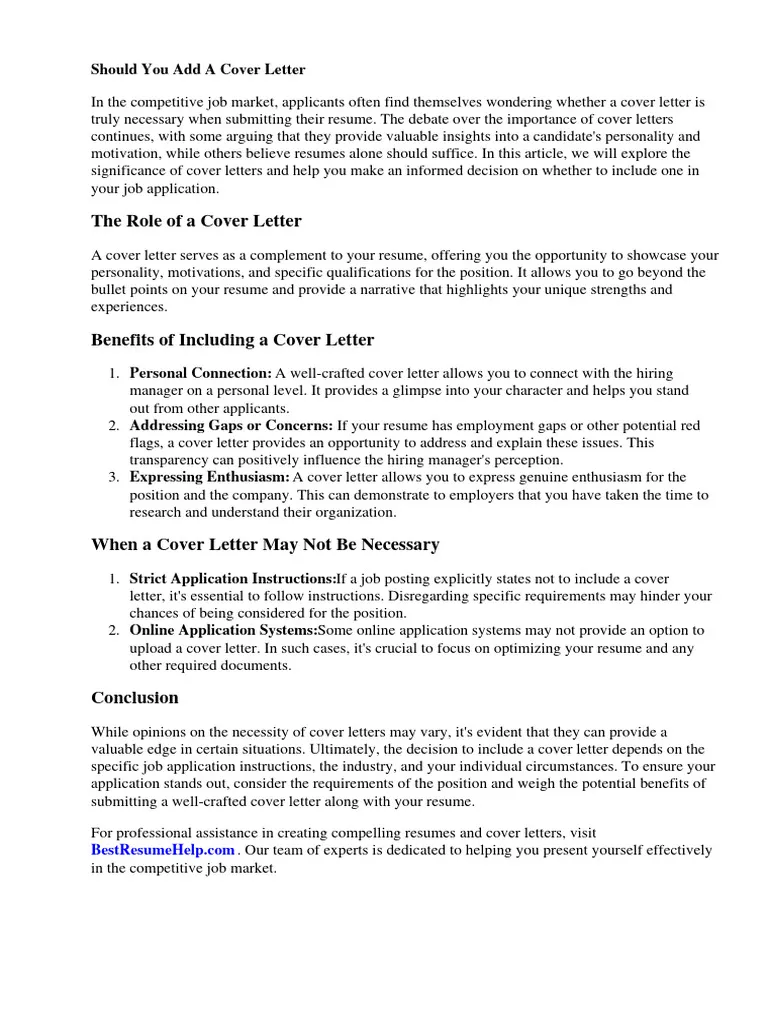
The question of whether you need a cover letter doesn’t have a simple ‘yes’ or ’no’ answer. Instead, the answer hinges on understanding the purpose of a cover letter, the context of the job application, and the expectations of the employer. While there are instances where a cover letter is optional, it’s often a critical tool for showcasing your skills and experiences. Consider the job requirements. Research the company culture. Tailor your approach to each application. By following the expert guidance, you can confidently navigate the job market and maximize your chances of landing your dream job. The cover letter is your chance to tell your story and make a lasting impression. Good luck in your job search!
